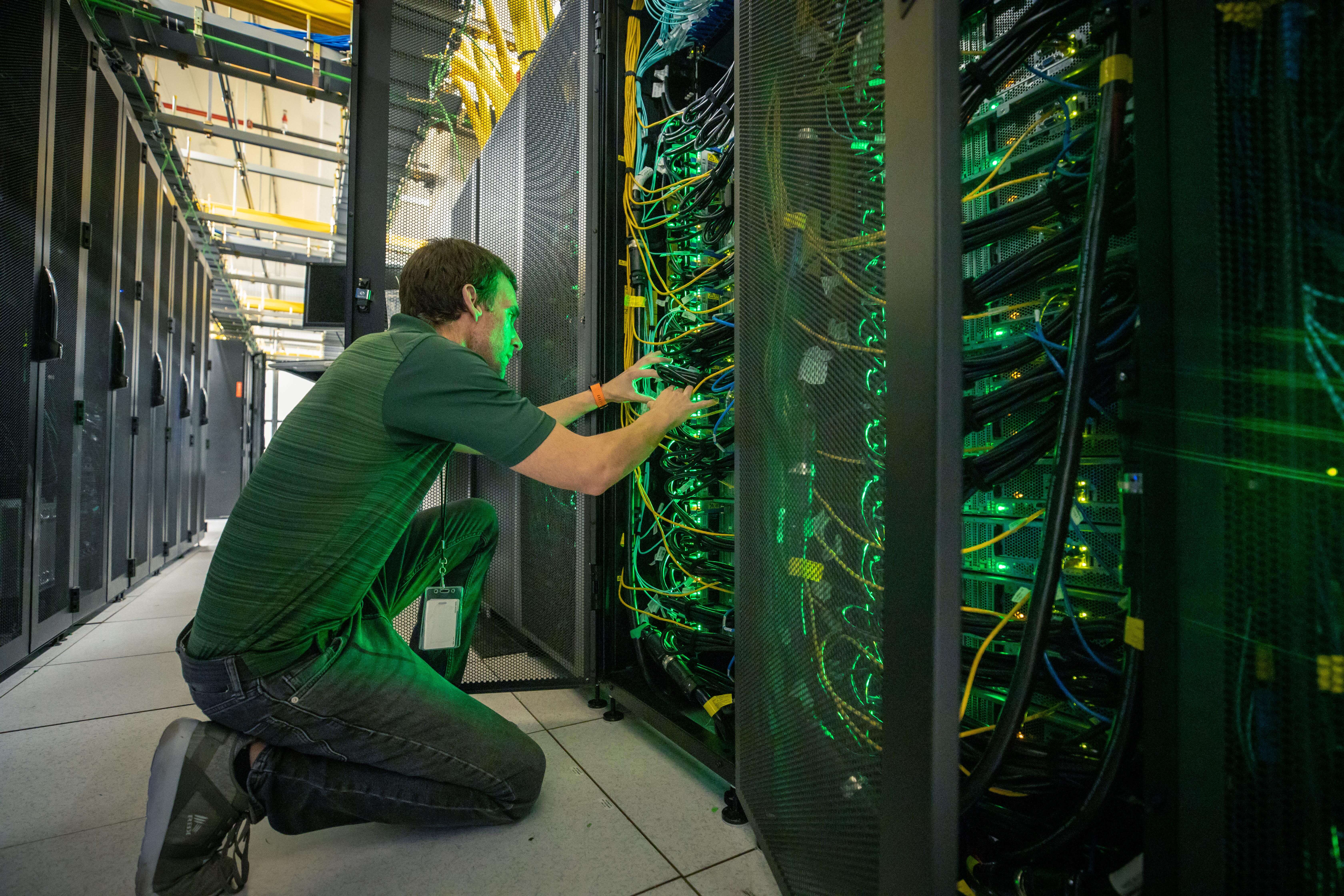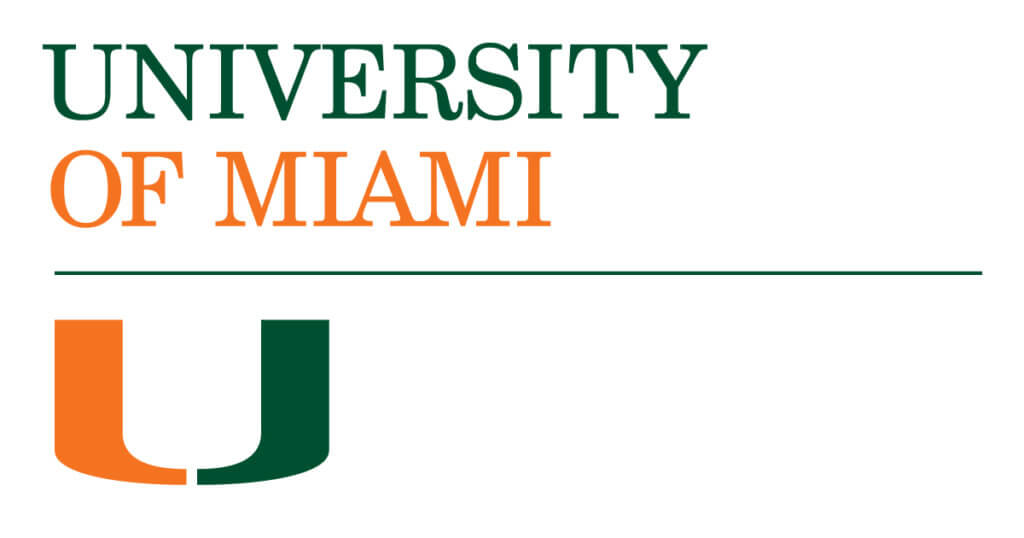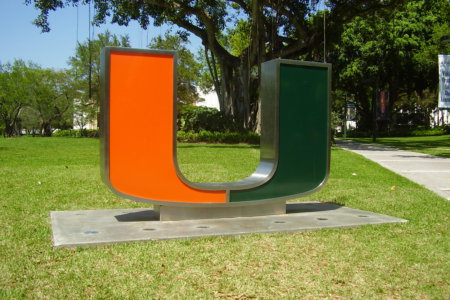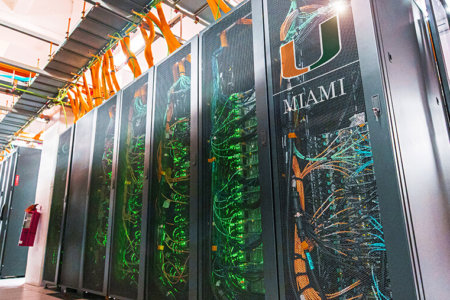Miami is fast becoming the tech hub of the Americas. Between 2017 and 2021, Florida added 119,000 jobs in the tech and e-commerce industries. In 2020 alone, Miami startups raised close to US$1 billion in venture funding. The next year, Google pumped US$31 billion in the form of economic activity for hundreds of thousands of Florida businesses.
At the heart of this growing tech start-up landscape lies the University of Miami. “The University of Miami is located in one of the fastest growing tech hubs in America,” notes Brian Breslin, Director of the Launch Pad (the entrepreneurship centre at the University of Miami) and founder of Florida’s largest tech and startup community Refresh Miami. “This opens up a number of opportunities for students not found in other parts of the country.”
The university offers a Master of Science in Data Science (MSDS) that equips students with the knowledge, skills and experience needed to grab these opportunities. It is founded on computer science, mathematics, statistics, and data visualisation techniques. Core courses focus on statistics and machine learning, with opportunities to explore solutions to domain-specific problems.
What set this programme apart, however, are its resources to launch tech startups, industry connections and networking opportunities with tech leaders in many fields and disciplines. Students can add deep content knowledge to specialised applications, such as communications, architecture, and marine sciences – a truly interdisciplinary approach that ensures that graduates are able to take up the role of data scientist in any organisation.
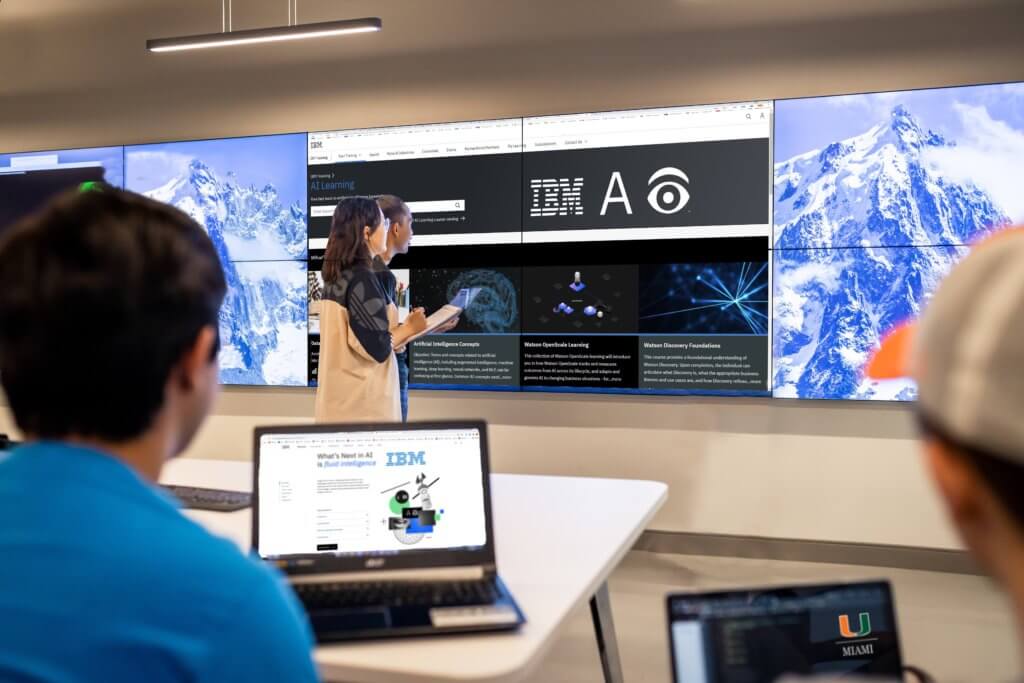 IBM is providing the University of Miami’s students unlimited access to its expansive lineup of technological tools through cloud accounts.“The University of Miami has wonderful academic resources, faculty, and a good learning environment,” says current student Kai-Wen Lee.
IBM is providing the University of Miami’s students unlimited access to its expansive lineup of technological tools through cloud accounts.“The University of Miami has wonderful academic resources, faculty, and a good learning environment,” says current student Kai-Wen Lee.
The University of Miami is a private research university with more than 17,000 students from around the world. Home to 12 schools, nearly 350 majors and programmes, and US$324 million in research and sponsored programme expenditures annually, it is one of the US’s top research universities.
This means students like Lee have a vibrant and diverse academic community within and beyond campus. With the MSDS providing interdisciplinary connections and experiential learning opportunities across all aspects of data science and computing, they’re never short of industry connections and encouragement for their entrepreneurship.
On top of that, all students can choose to complete an internship as part of their programme. This can take place in the summer at some of the most prestigious companies in the world. Current students are interning in data science positions at the likes of The Walt Disney Company, ArcGIS, Phizzle Inc, StarTech, World Fuel Services, and Royal Caribbean Cruise Lines.
Over at The Launch Pad, students can get help to start, build, and scale their startup business. “The Launch Pad offers students, staff, and alums coaching and mentoring on their startups for free. Founded in 2008, The Launch Pad works with hundreds of entrepreneurs each year to help them start, grow, and scale their businesses. The Launch Pad’s extensive alumni and mentor network of over 6,000 entrepreneurs help accelerate Hurricane startups,” Breslin says.
In 2021, The Launch Pad helped one student and two recent graduates of the university create Precision Ecology. Using drone technology with state-of-the-art sensors, the startup collects survey-grade aerial data and creates digital surface and terrain maps.
Precision Ecology can map large areas of land digitally to provide an efficient and accurate product for landowners and surveyors to analyse. This mitigates the danger of sending people into treacherous land conditions exacerbated by climate change.
 “In one of our first flights over Puerto Rico, we were out there following tiny nails in the ground previously put down by surveyors to map the roads through the rainforest,” says Alexander Leiva, who works as Precision Ecology’s FAA licensed drone pilot. The maps produced by Precision Ecology, he said, were used to identify road areas that were more susceptible to landslides. “This allowed construction crews to enter and reinforce the road areas needing support safely,” he added.
“In one of our first flights over Puerto Rico, we were out there following tiny nails in the ground previously put down by surveyors to map the roads through the rainforest,” says Alexander Leiva, who works as Precision Ecology’s FAA licensed drone pilot. The maps produced by Precision Ecology, he said, were used to identify road areas that were more susceptible to landslides. “This allowed construction crews to enter and reinforce the road areas needing support safely,” he added.
Precision Ecology was such a success that it was proudly exhibited at this year’s eMerge Americas global technology conference held annually at the Miami Beach Convention Centre. It attracts more than 16,000 attendees from 40 countries and over 3,900 unique participating organisations. These attendees come from Latin America, North America, and Europe to present their latest ideas, products, and enterprises.
The University of Miami is a global sponsor of the conference and this year their students were given the chance to showcase some of the data science projects that they have developed. Some of the unique projects showcased included a seawall that dissipates the energy of dangerous waves and goggles that diagnose eye diseases
With such exclusive opportunities to apply data science techniques to a variety of interests, MSDS students are set to do well in a robust data and information research industry. According to the United States Bureau of Labour Statistics, employment for data and information research scientists is expected to rise 19% by the year 2026, much faster than the average for all other professions.
Follow the University of Miami on Facebook, Twitter, YouTube and Instagram.

